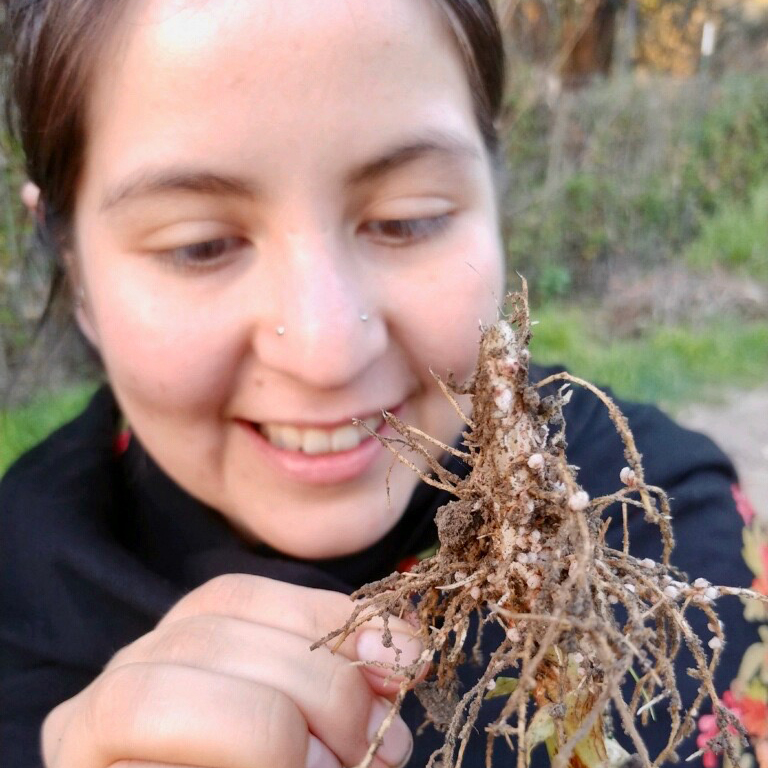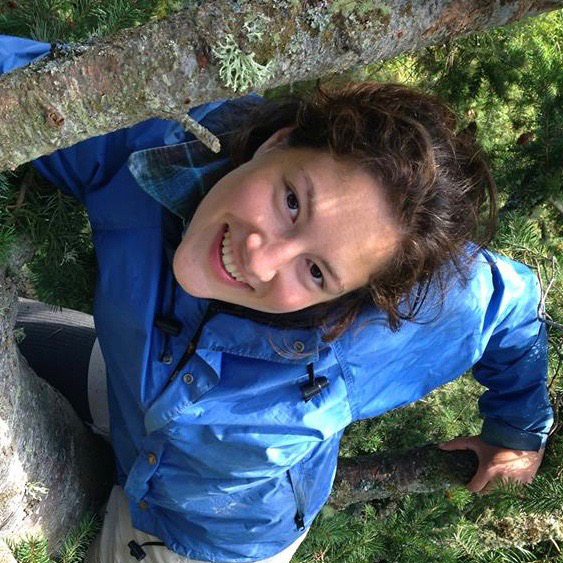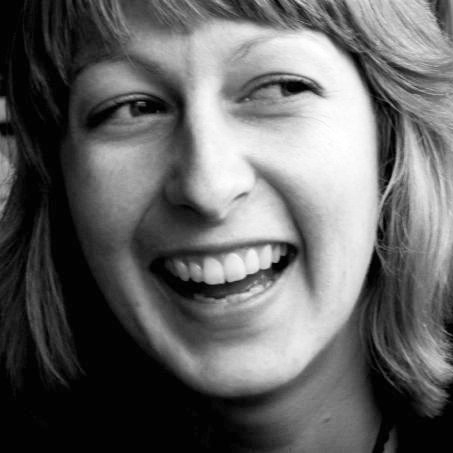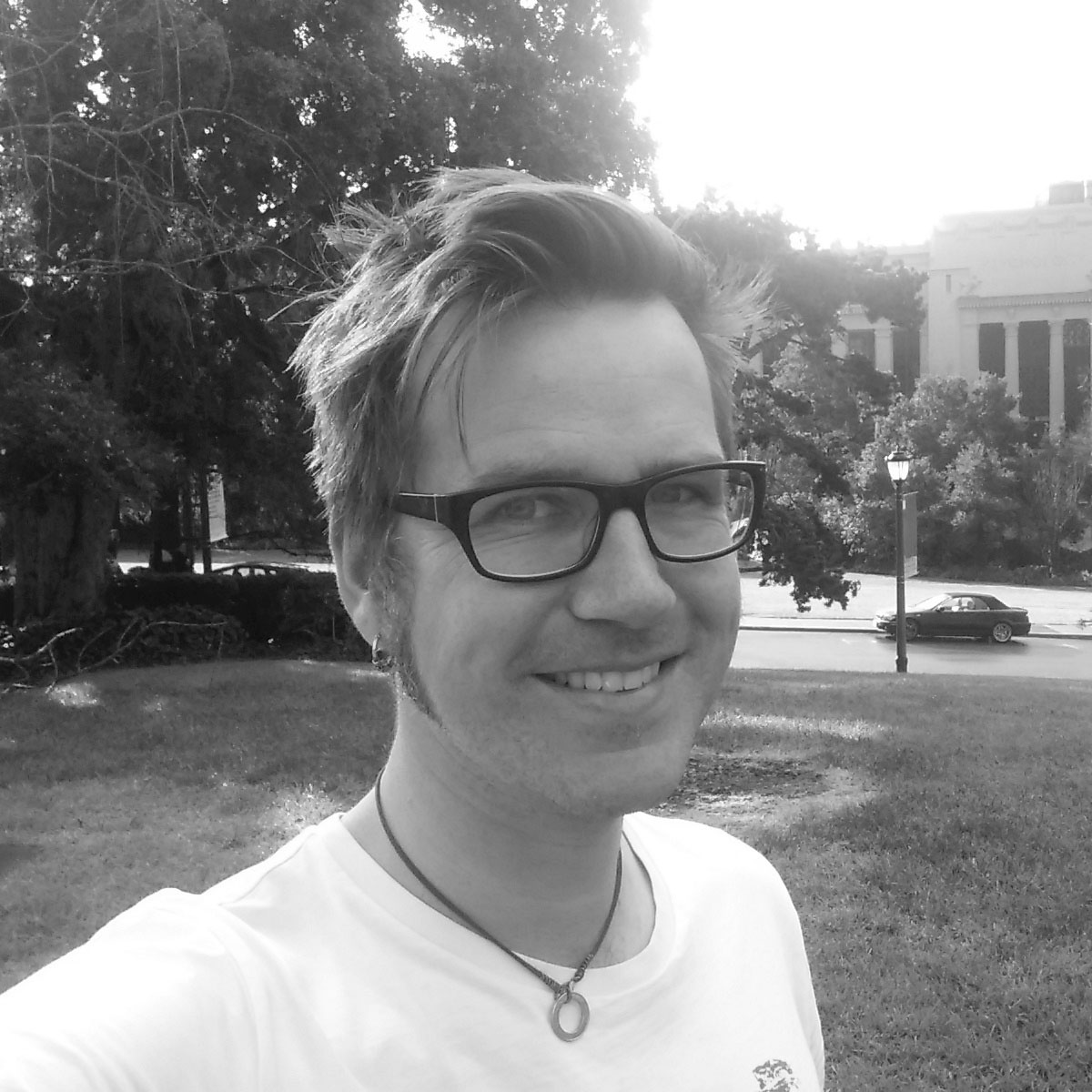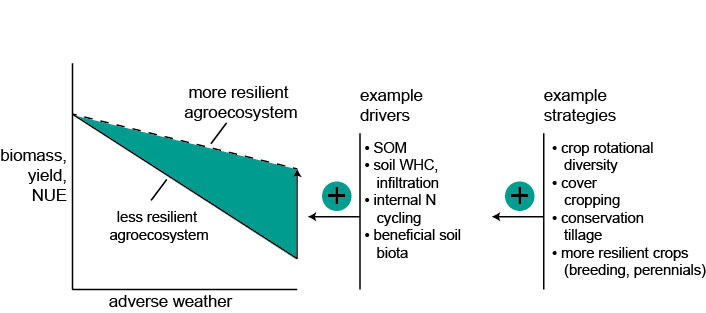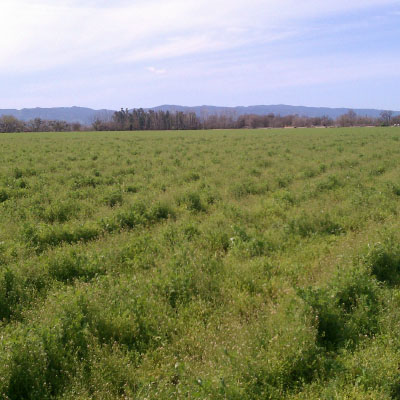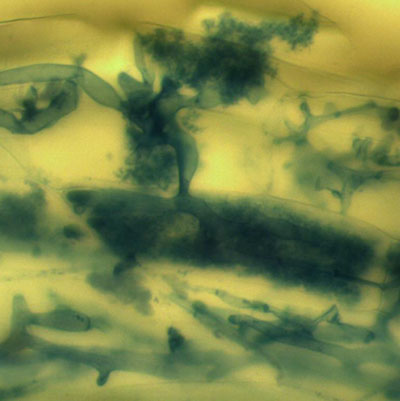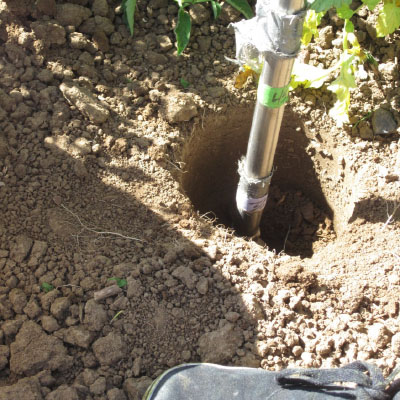Join the Lab
I am always interested in inquiries from potential undergraduates, graduate students, and postdoctoral fellows with common research interests. Please contact me if you are interested in exploring one of these opportunities.
Undergraduates
Undergraduate students can get involved in the lab’s research in a number of ways. Undergrads may apply to work in our group through various UC Berkeley programs, such as URAP and SPUR.
Graduate Students
Interested graduate students may apply to work with me through the graduate program of the Department of Environmental Science, Policy, and Management. I encourage all potential students to get in touch with me prior to submitting an application to ESPM, so that we can discuss interests, potential projects, and funding options (e.g., NSF GRFP, USDA AFRI ELI Pre-doctoral Fellowships, Ford Foundation, and the Livermore Graduate Scolars Program (post-quals only)). Generally, I am looking for students with a strong background in biological and/or physical sciences driven to use ecological principles to improve agriculture. I am particularly interested in students who want to work in interdisciplinary teams, and who are excited about the prospect of field work. I would also encourage prospective students to read advice on applying to graduate programs in ecological fields, such as here.
Postdoctoral Fellows
I am always interested in inquiries from potential postdocs with overlapping interests; please contact me! There are several potential opportunities to fund a postdoc in my lab, including UC Berkeley’s Miller Fellowship, UC’s President’s Postdoctoral Fellowship, USDA AFRI ELI Postdoctoral Fellowship, NSF Postdoctoral Fellowship in Biology, and the Ford Foundation, among others. I am also interested and willing to write standard grants with prospective postdocs to fund a position, and happy to provide advice and feedback on grant applications.
Current openings in the lab
- I will be looking for 1 PhD student during the Fall 2018 application cycle, to begin Fall 2019. I am interested in having this student participate in a new, NSF-funded interdisciplinary project to take place on farms in the Central Coast of California. There would be flexibility in exactly what the student pursued. I am particularly interested in applicants with a quantitative background that could support numerical modeling or microbial bioinformatics as part of a dissertation. See above for details and please email me if interested! I will try to get back to you within several days.
